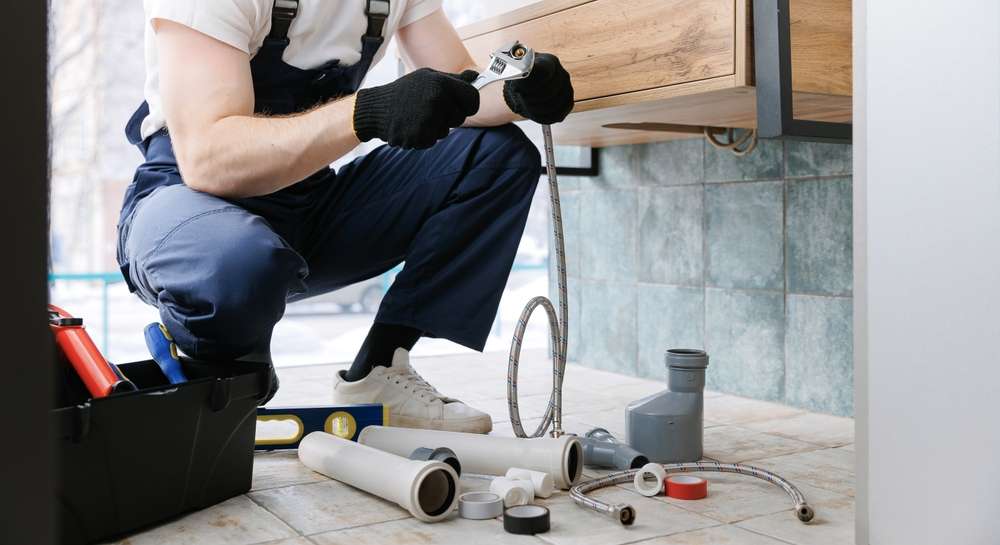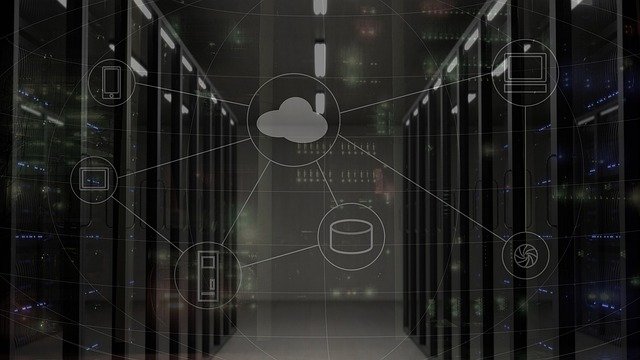The Essential Role of Plumbers in Modern Society: Career Insights
Plumbing is one of the oldest and most vital trades in human civilization, dating back to ancient Rome where aqueducts and sewage systems revolutionized urban living. Today, plumbers remain essential workers who ensure our buildings have functional water supply, sanitation systems, and heating. Their expertise not only provides comfort and convenience but also protects public health by preventing waterborne diseases and maintaining proper waste management. This article explores the multifaceted profession of plumbing, from its day-to-day responsibilities to the evolving challenges and future of this critical trade.

The Importance of the Plumber Profession
The plumbing profession stands as a cornerstone of modern infrastructure and public health systems. Plumbers install, maintain, and repair the systems that deliver clean water and remove waste from our homes and workplaces. Without their expertise, we would face serious health crises related to contaminated water and improper waste disposal. The COVID-19 pandemic further highlighted plumbers as essential workers, as they continued to provide critical services during lockdowns to maintain sanitation standards. Beyond health considerations, plumbers help conserve water through efficient system design and leak prevention, contributing significantly to environmental sustainability efforts. Their work extends beyond pipes and fixtures to include complex heating systems, gas lines, and increasingly, smart home water management technology.
The Tasks of the Installers
Professional plumbers perform a diverse range of specialized tasks that require technical knowledge, physical skill, and problem-solving abilities. On a typical day, a plumber might install new piping systems in construction projects, replace outdated fixtures in renovation work, or troubleshoot emergency situations like burst pipes or blocked drains. Their responsibilities include reading and interpreting blueprints, cutting and fitting pipes of various materials, installing fixtures such as toilets and water heaters, and testing systems for proper function and leaks. Modern plumbers also work with specialized equipment such as video cameras for pipe inspection, electronic leak detection devices, and hydro-jetting equipment for clearing stubborn blockages. Additionally, many plumbers now install and maintain water-efficient systems and fixtures, ensuring compliance with local building codes and environmental regulations.
Training and Qualifications of Installation Personnel
Becoming a qualified plumber typically involves a combination of formal education, apprenticeship training, and certification. Most plumbers begin with either vocational school programs or direct entry into apprenticeships that last 4-5 years. During this training period, apprentices earn while they learn, working alongside experienced professionals while also completing classroom instruction in subjects like blueprint reading, mathematics, physics, and local plumbing codes. After completing an apprenticeship, individuals can work toward journeyman status through examinations that test their theoretical knowledge and practical skills. Many plumbers eventually become master plumbers after several years of experience and additional certification exams. Continuing education remains important throughout a plumber’s career as technologies, materials, and building codes evolve. Specialized certifications in areas like medical gas systems, backflow prevention, or green plumbing provide additional career advancement opportunities.
The Challenges of a Plumber
The plumbing profession comes with unique challenges that demand both physical stamina and mental agility. Plumbers often work in confined, uncomfortable spaces such as crawlspaces, under sinks, or in utility closets. The physical demands include heavy lifting, prolonged kneeling or standing, and the strength to manipulate tools and materials in awkward positions. Emergency calls require plumbers to work unconventional hours, sometimes during holidays or weekends, and often in high-pressure situations where water damage is occurring. Modern plumbers also face the challenge of keeping up with rapidly changing technology, including electronic diagnostic equipment and increasingly complex fixtures. Additionally, plumbers must navigate a landscape of changing building codes, environmental regulations, and safety protocols. Customer service skills are equally important, as plumbers must communicate technical information to clients clearly and professionally, often in stressful situations.
The Future of Plumbers
The plumbing industry is undergoing significant transformation as new technologies and environmental concerns reshape the profession. Smart plumbing systems that incorporate sensors and automation are becoming more common, requiring plumbers to develop expertise in electronics and digital troubleshooting. Water conservation has become a critical focus, with plumbers now installing and maintaining gray water systems, rainwater harvesting equipment, and ultra-efficient fixtures. The growing emphasis on sustainable building practices has created demand for plumbers specialized in solar water heating, geothermal systems, and other green technologies. Despite automation in many industries, plumbing remains relatively automation-resistant due to the variable environments and problem-solving required. Labor shortages in the skilled trades suggest strong job security for qualified plumbers, with the Bureau of Labor Statistics projecting steady demand for these professionals. As infrastructure ages across many developed countries, replacement and modernization projects will likely sustain demand for plumbing services for decades to come.
The plumbing profession offers a stable, rewarding career path with diverse opportunities for specialization and advancement. While the work can be physically demanding and sometimes challenging, it provides the satisfaction of solving tangible problems and making a direct contribution to public health and safety. As water conservation becomes increasingly crucial globally and building systems grow more sophisticated, well-trained plumbers will remain indispensable members of the construction industry and essential service providers in communities worldwide.






